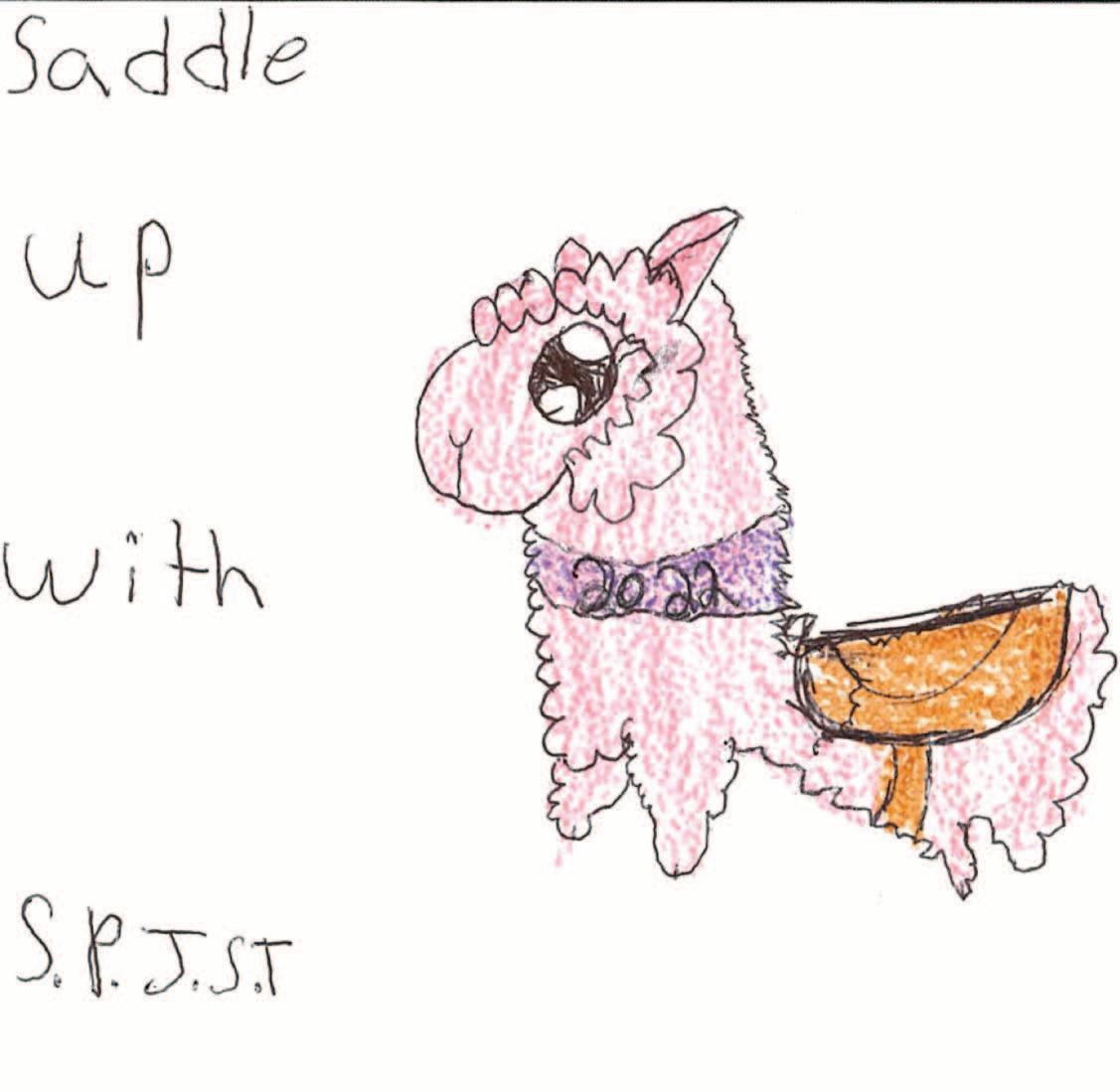VĚSTNÍK
Monday, November 22, 2021 Slovanská Podporující Jednota Státu Texas
Česká
Část
ROČNÍK 109 ZÁŘÍ 22
22.listopad.2021
Podpora ★ Lidskost ★ Bratrstvi´
kleště nůžky dveře hodiny noviny kalhoty housle rodiče brýle
BENEVOLENCE HUMANITY BROTHERHOOD
S
Uředni orgán SPJST ★ Založené roku 1897
Učme se česky Let Us Study Czech Lekce sedmnáctá Lesson 17 Množné číslo Forming plurals The nominative plural of masculine animate nouns has, for both hard and soft stems, the ending i, which softens the hard consonants before it. had - hadi čert - čerti pán - páni voják - vojáci Čech - Češi doktor - doktoři S
S
S
There are two other endings for animate masculine nouns in the nom. pl. - ové - personal names, such as Václavové, which means several people with the name Václav. Other examples: Ital - Italové Srb - Srbové (one syllable names) Polák - Poláci Maďar - Maďaři Čech - either Češi or Čechové pán - panové syn - synové člen - členové biskup - biskupové filosof - filosofové
S
S
All nouns ending in -tel, denoting office, position, or occupation, are made plural by the simple addition of é. Examples: učitel - učitelé přítel - přátelé stavitel - stavitelé občan - občané krajan - krajané Američan - Američané Slovan - Slované pohan - pohani anděl - andělé host - hosté žid - židé soused - sousedé člověk - lidé manžel - manželové Exception: German - Germáni Nouns ending in -ista: houslista - houslisté šachista - šachisté pianista - pianisté S
S
S
There are a number of nouns that usually go in pairs, such as nůžky, brýle, etc., somewhat like our words - sheep, deer, etc. There is no singular form for these words. Examples: peníze šaty
S
Proper names, places, countries, etc.:
There is much fluctuation in the usage of the plural i and ové. Perhaps one rule of thumb to follow is to use the ové form when speaking and writing formally. S
S
S
S
ruka - ruce noha - nohy prs - prsa rameno - ramena koleno - kolena oko - oči ucho - uši S
S
bratr sestra kupec soused chlapec přitel Američan houslista S
Tluče bubeníček, tluče na buben, a svolává hochy: “Hoši pojďte ven! Zahrajem si na vojáky, máme flinty i bodáky, holá, hůra, hej, nikdo nemeškej!” —SPJST—
CESAT offers online Czech Christmas carol lessons through December
Exercise Write the nominative plural of these words:
S
S
Bubeníček
There exist some of the old dual number plural in Czech:
S
S
Can you translate this verse? Read out loud.
Feasts: Vánoce Velikonoce narozeniny jmeniny S
Robert učitel Čech pán syn člen manžel voják filosof stavitel občan host soused S
Čechy Mariánské Lázně Teplice Karlovy Vary
19
S
Form sentences of your own with the plural of the following words. Pronounce all the words out loud. Be sure and look up all words you don’t know the meaning of. Translate the sentence you write in Czech into English:
Czech Ex-Students of Texas (CESAT) is pleased to announce the Schulenburg Public Library will offer free Czech Christmas carol lessons online through December at 9 a.m. Individuals - from the comfort of their homes - will be able to learn the words for Czech Christmas carols and the melodies to these carols. To receive an invitation to the online meeting, please email your request to schulenburgpubliclibrary@yahoo.com. Submitted by, Thadious Polasek Lodge 67, Schulenburg —SPJST—







